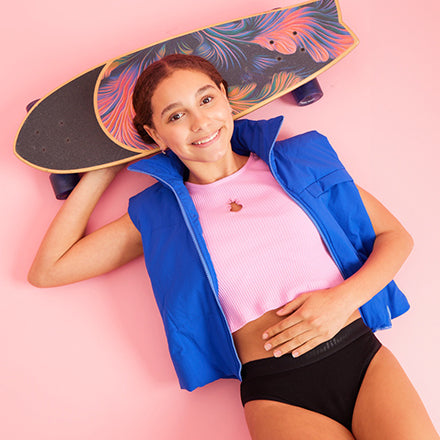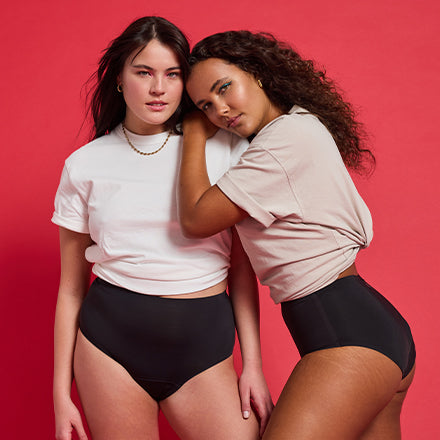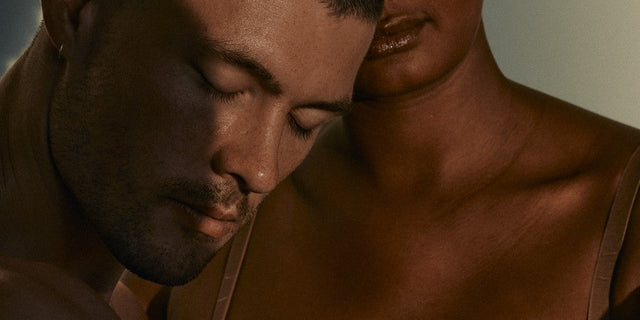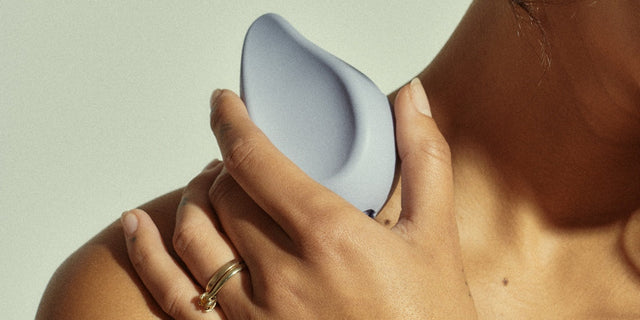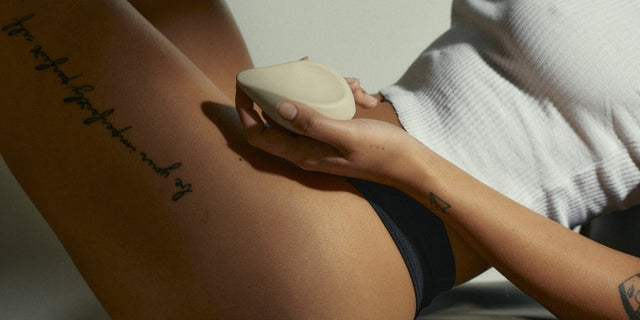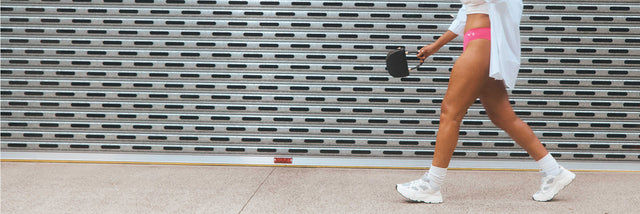-
What Is Endometriosis?
MARCH: ENDO AWARENESS MONTHFACT: when it comes to our flow, it can be completely normal for women to experience either mil... -
The Period Pleasure Guide: How to Feel Good, Period | Modibodi x LBDO
The Period Pleasure Guide: How to Feel Good, Period Periods are often seen as a time to just get through, complete with cr... -
Why We Don’t Hide Our Period Underwear or Vibrators | Modibodi x LBDO
Why We Don’t Hide Our Period Underwear or Vibrators We’ve all been there - tucking away a vibrator in a drawer or hiding p... -
I’m the Horniest During My Period: Let’s Talk About It | Modibodi x LBDO
I’m the Horniest During My Period: Let’s Talk About It If you’ve ever noticed your desire for intimacy spike during your p... -
Winning fashion tips for spring racing day - underwear, dresses and makeup!
Embedded in Australian sporting culture is the long awaited event of the year – the spring racing carnival. This is an eve... -
Take control of your period mood swings
Understanding and managing your period moodswings Feeling a little moody and tired before your period? You’re not alone. P... -
Menstrual matters: the impact of a short luteal phase
Our menstrual cycles consist of 4 stages. And while each stage is important for different reasons, the luteal phase (the o... -
7 Ways To Avoid VPL
Choosing the right underwear can sometimes be trickier than choosing your outfit – especially when that outfit happens to ...



